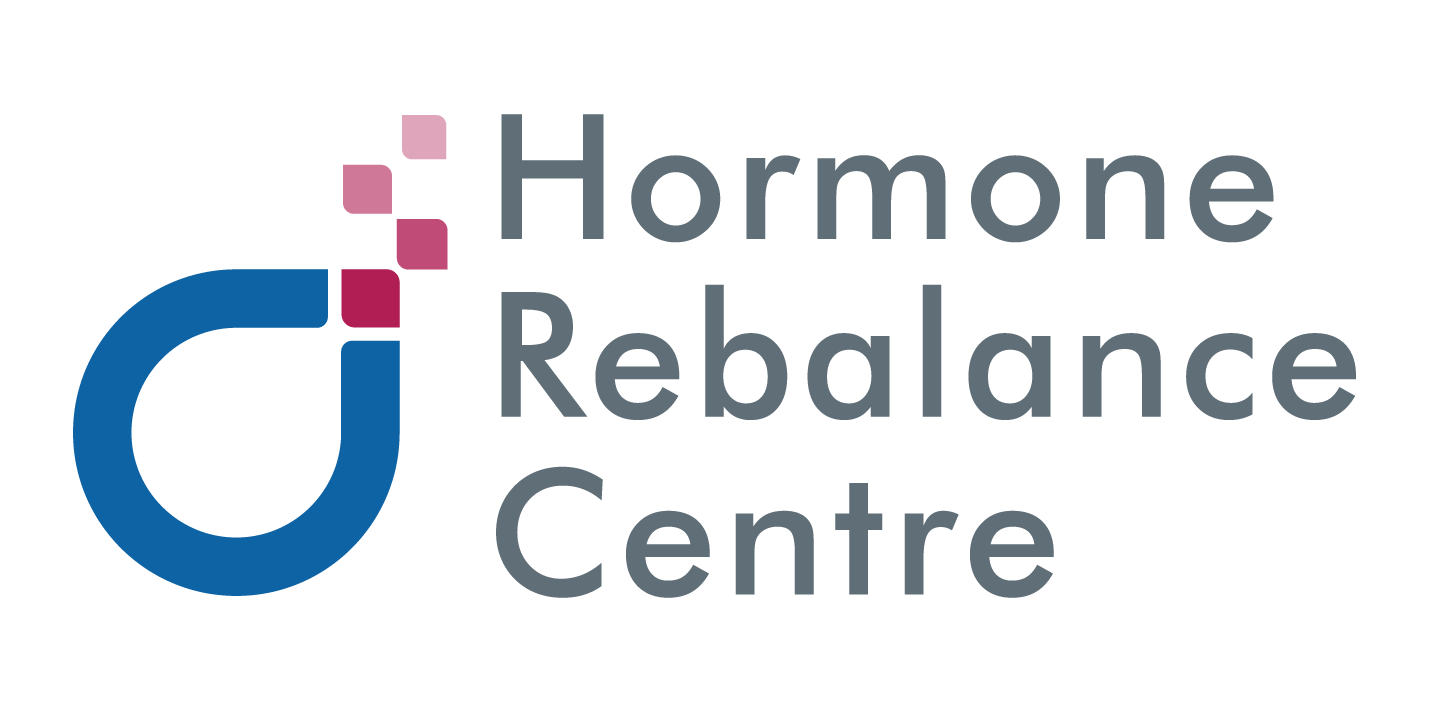Do you find yourself saying “I’m not in the mood”, “I’m too tired tonight”, “maybe tomorrow” or other ways and reasons to avoid having sex?
Although it’s rarely discussed, low sex drive is a very common concern for women, especially after the age of forty and also commonly after pregnancy. It’s important to understand some physiological reasons why your sexual desire declines and what you can do about it!
Common Causes of Low Sex Drive in Women:
1. Menstrual Cycle
Menstrual cycle can naturally affect women’s sex drive. In the days leading up to ovulation, sex drive is on the rise, which is a natural biological response that coincides with your fertility window.
The reverse is also true, right before and during your period, when your estrogen, progesterone and testosterone levels are at their lowest, is when sex drive is naturally lower. Learning to be in tune with your cycle and hormones can help alleviate the pressure to always feel “on” for sex.
2. Stress and Lack of Sleep
Nothing kills sex like stress. Stress and lack of sleep can affect your desire to have sex. Especially in women, stress can wreak havoc on sexual drive.
Stress is driven by the hormone cortisol and when it is consistently high, the body turns to survival mode and away from procreation mode. Cortisol imbalance can have a significant impact on fertility for these reasons as well.
At our center, we commonly find that when we help women balance cortisol and their stress levels, they report an improvement in their sex drive, even if that wasn’t something we were treating directly.
3. Natural Hormone Decline
Hormones are the main culprits when it comes to low libido. As women age, estrogen and testosterone starts to decline which in turn leads to decreased sex drive.
This is why low libido is common in women after the age of 40 when they start experiencing a drop in hormone levels. It’s best to test your hormones to know exactly what their levels are and which hormone needs to be boosted.
4. Mental and Emotional Concerns
Depression and anxiety are another common concern for low sex drive. Even more so, are the medications to treat depression and anxiety can have a further libido dropping side effect.
It also goes without saying that relationship problems will have a direct impact on your sex drive and in turn your lower sex drive can further fuel your relationship problems. If this is the case, it’s best to speak to a therapist or sex expert that can help you and your partner resolve your concerns that go beyond the hormones.
5. Vaginal Dryness
Lastly, another very common concern for low sex drive is purely physical reasons – vaginal dryness and painful intercouse will kill the will to have sex, even if the desire is there.
This is commonly driven by declining estrogen levels and is therefore common in women as they approach menopause. There are many natural interventions to help offset this if this is one of your concerns. Make sure to reach out to us to learn more about your options!
Tips to boosting sex drive in women:
1. Tribulus terrestris
Is an Ayurvedic herb, which is known for its boost in sexual drive and overall stamina. This is a popular recommendation for both our female and male patients, especially when we see low androgen levels on testing as it is known to enhance androgen receptor density in the brain.
Tribulus is also classified as an adaptogen, meaning it displays anti-stress activity and is well known for its stamina boost. It’s one of our popular choices for those patients who struggle with both low libido, low energy, and poor cortisol regulation.
2. Maca
Supports adrenal glands and stress response. Very effective in increasing sex drive and libodo, overall sexual desire.
Not only is maca root nutrient-rich, but it has also been used for centuries by men and women to balance both sex hormones and cortisol. Traditionally it had been used to support physical and mental stamina, but more recently it has been studied as a way to enhance libido and decrease some of the troublesome symptoms of menopause.
We recommend organic YELLOW maca root for women in powder or capsule form. The powder has an “earthy” and nutty taste, so it can be added to smoothies, oatmeal or drank as a hot tea (but stir well!). Enjoy this wellness elixir!
3. Hormone Replacement Therapy
For those women who’ve had their hormone levels properly checked and it is confirmed that your levels are low, especially if they are low for your age and you are symptomatic, you should consider bio-identical hormone replacement.
The risk of having low hormone levels is just as bad as having excess levels, it’s all about balance! Some symptoms of low, declining hormones, especially estrogen and testosterone include hot flashes, night sweats, vaginal dryness, irregular or missing periods, poor memory and fogginess, loss of muscle mass, poor stamina and of course, low libido.
You can learn more about what this is HERE and make sure you are working with someone who understands how to prescribe them and is basing it off of testing. Reach out to us if you would like to learn more about your testing and treatment options.
4. Exercise
One of the best natural ways to boost your testosterone levels is exercise! Not only will it help support this hormone, but it will also help your self-image, how you feel in your skin and some of the mental/emotional aspects that could be contributing to low sex drive.
5. Diet
Some foods that have been shown to boost libido and even act as an aphrodisiac, include:
- Oysters – they are the food source highest in zinc, a well known mineral for testosterone support.
- 1 glass of wine – can help you relax and ease you into the mood. Be cautious however, as too much alcohol has the opposite effect on your sex drive and possibly performance.
- Dark chocolate -cocoa increases blood flow as well as our feel good hormones, dopamine and serotonin. A triple win for your libido!
Overall, when it comes to women’s sex drive, it’s not at all black and white. There are various reasons and angles to consider that could be contributing to its decline and the best results will come from identifying your individual contributors.
If you are interested to learn more about the status of your hormones, what are your testing and treatment options, learn more about the Hormone Rebalance Advantage program.


No Comments